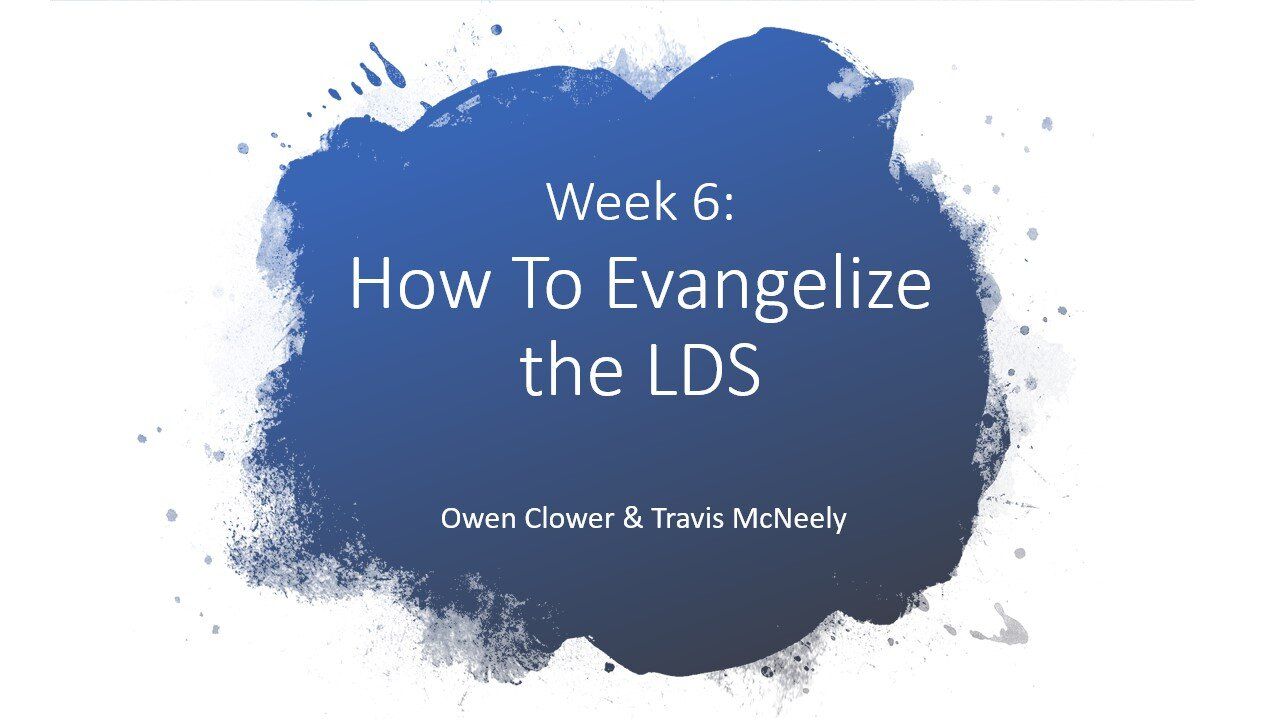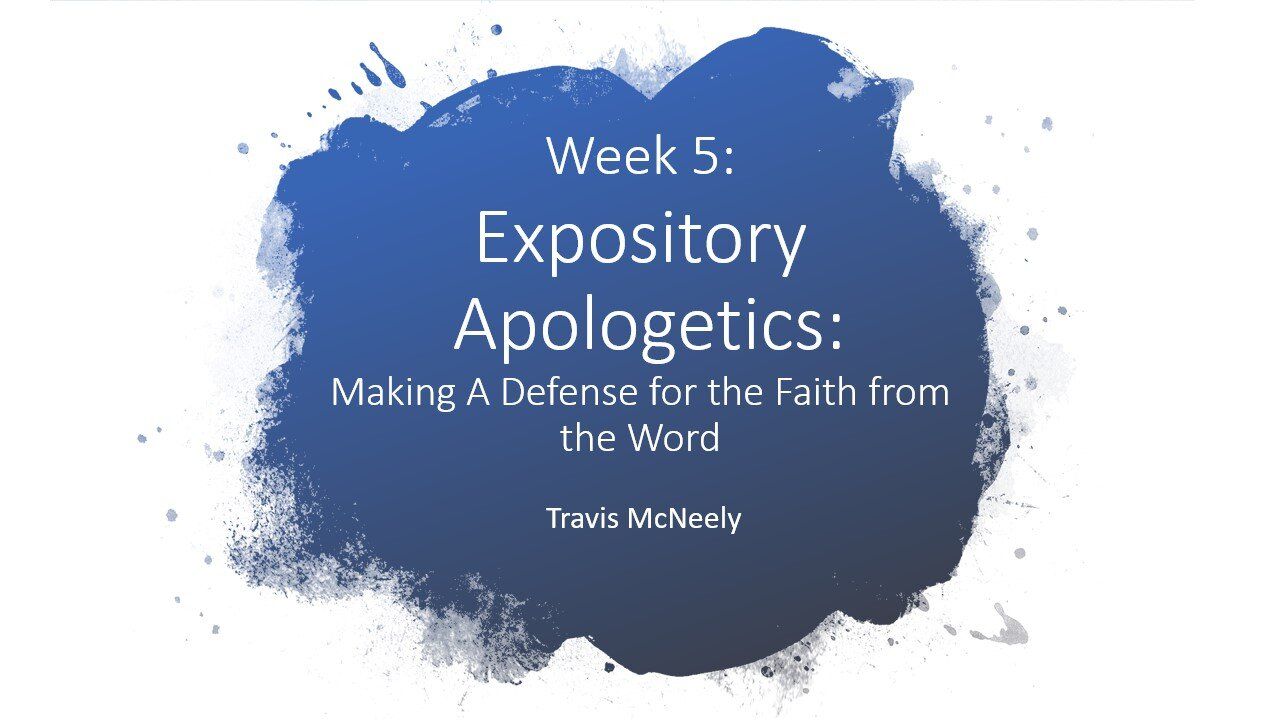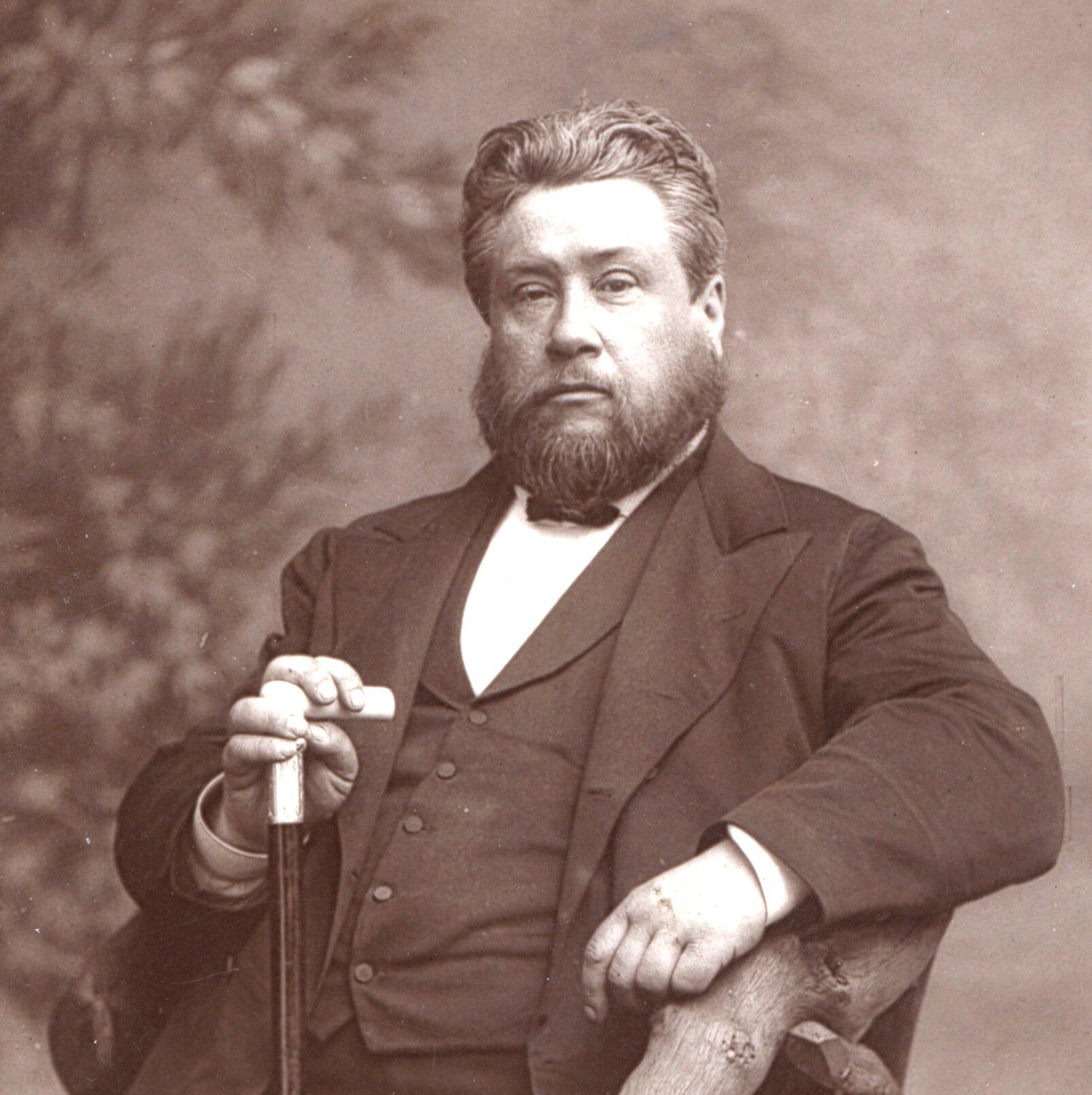December 1, 2023
One must divert their gaze from Jesus to justify violence within the framework of Christianity. The strict adherence to Jesus' teachings simply provides no foundation for violence. Conversely, to argue that Islam is a religion of peace, one must divert attention from Muhammad. He insists that a true Muslim must engage in Jihad or, at the very least, express a desire for it; failing to do so designates one as a hypocrite. As Nabeel Qureshi so eloquently raises in his book "No God but One: Allah or Jesus?", this contrast invites deep contemplation. This is part of the reality of what is happening in Israel between Hamas and the Israelites. Muslims are engaging in Jihad. The ultimate goal for them is religious and political domination for the sake of their false god. And the stories coming out of southern Israel are gruesome and brutal to say the least. Muslims are attacking and killing the Jewish people. People everywhere look on with horror to what is happening--unless they are Progressives from Harvard or the leadership of BLM. Christians especially find this deeply unsettling, because God hates this violence rooted in a demonic ideology. This incident provides a somber glimpse into the complex aspects of various faiths. Hatred, at times, seems to manifest itself most violently through acts of murder. In today's supposedly "inclusive" culture, some accuse Christianity of harboring hatred. Yet, let's delve into the teachings of Jesus concerning the treatment of adversaries. In His Sermon on the Mount, He states: “You have heard that it was said, ‘You shall love your neighbor and hate your enemy.’ But I say to you, Love your enemies and pray for those who persecute you, so that you may be sons of your Father who is in heaven. For He makes His sun rise on the evil and the good, and sends rain on the just and the unjust. For if you love those who love you, what reward do you have? Do not even the tax collectors do the same? And if you greet only your brothers, what more are you doing than others? Do not even the Gentiles do the same? You, therefore, must be perfect, as your heavenly Father is perfect." (Matthew 5:43-48, ESV) Accusations of hatred are often hurled at Christians for simply disagreeing with others in the modern era. However, we do not advocate or condone heinous acts such as beheadings as retribution for slights against our faith. Regrettably, this is a stark contrast with some elements within the Islamic faith, which teaches the promotion of Jihad and the defense of the honor of the prophet Muhammad. So, what is Jihad? Literally, it means ‘to strive’ or ‘to exert to the utmost.’ In Islamic terms, it encompasses all forms of striving, including armed conflict, with the aim of establishing the dominion of Allah. Jihad is fueled by a powerful mix of hatred and the goal of destroying perceived enemies. The presence of such animosity naturally raises questions about the prevailing notion that Islam is a "religion of peace." Peace and hatred are intrinsically incompatible. What does the Quran, the central religious text of Islam, have to say about this? William Lane Craig, in his comparative analysis of Islam and Christianity, extracts revealing verses from the Quran regarding Allah's aversion to sinners: According to the Quran, God does not love sinners. This assertion is reiterated repeatedly and consistently throughout its verses. Consider these passages: “God loves not the unbelievers” (III.33) "God loves not the impious and sinners" (II.277) “God loves not evildoers” (III. 58) “God loves not the proud” (IV. 37) “God loves not transgressors” (V. 88) “God loves not the prodigal” (VI. 142) “God loves not the treacherous” (VIII.59) “God is an enemy to unbelievers” (II. 99) These Quranic verses establish a stark contrast with the Christian belief in a loving God who sent His Son to die for the salvation of sinners. This seeming paradox is resolved when one understands that, in the Quran, God’s mercy is contingent upon belief and good deeds. In essence, one receives what they earn, along with bonuses, if they meet the requirements. This perspective sharply contrasts with the Christian doctrine of grace. To those who believe and do righteous deeds, God will assign love. (Quran 19.97) Now, why do these misconceptions persist? The notion of Islamic peace remains obscured, particularly in Western societies, due to the influence of Neo-Marxist ideologies, including Critical Theory. These ideologies often depict the foundational Christian principles of Western culture as oppressive, deny the existence of absolute truth, and assert moral equivalence among all cultures, even those advocating violent responses to perceived affronts. These misconceptions endure because many in our society prioritize feelings over facts, avoiding offense rather than seeking truth. However, we must champion the truth. Christianity provides a moral and religious foundation for this. The truth is not merely an ideal but a Person, as stated in John 14:6: "I am the way, and the truth, and the life." The truth, in this context, is clear: Islam, as practiced in some quarters, poses dangers. The West must confront this issue by adopting a biblical worldview, enabling us to acknowledge it for what it is—a religious system with differing views on holiness, sin, righteousness, judgment, forgiveness, and salvation. It's a belief system (often fatalistic) incapable of bringing the deep peace humanity yearns for. True peace is discovered in Jesus Christ, the Prince of Peace. As Romans 5:8 declares, "But God demonstrates His love for us in that while we were still sinners, Christ died for us." The love of Christ can transform those who advance Jihad and those who adhere to postmodernist worldviews, both searching for truth and peace. Christ's sacrificial love on the cross paved the way for all to know God and have their sins forgiven. It offers a firm foundation based on the love of God in Christ Jesus. Only through this foundation can we hope to address and dispel the untruths surrounding the concept of Islamic peace. Let us remember, as Romans 5:1 asserts, "Therefore, since we have been justified by faith, we have peace with God through our Lord Jesus Christ." True and lasting peace is found in Jesus Christ, the ultimate source of grace and love. May all, including Muslims and people of all backgrounds, seek and find Him, for in Him, they shall discover the true peace that transcends all understanding. May the lies of Islamic peace no longer persist, but let this incident be used of God to expose the dangers of Islam! As Scripture says, "Take no part in the unfruitful works of darkness, but instead expose them" (Eph. 5:11).







